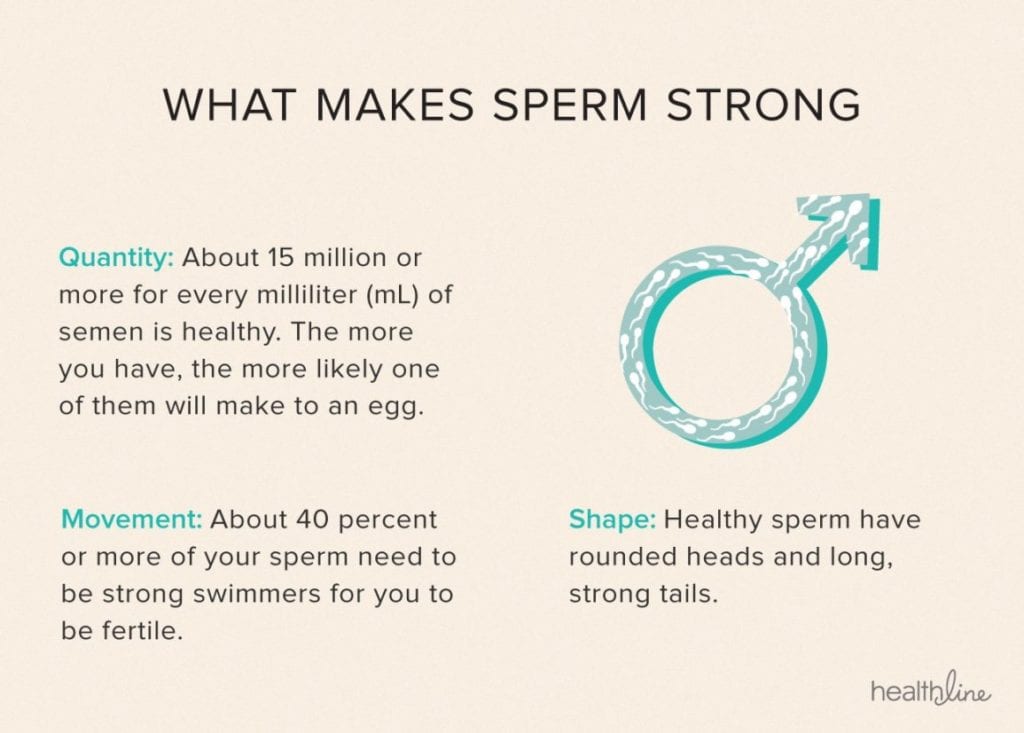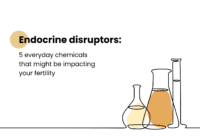Becoming a father is one of the most rewarding experiences in a man’s life. Although a woman will carry and deliver a baby, healthy sperm is just as important when it comes to conceiving a child. And while most people look forward to parenthood, talking about fertility is often taboo for men.
Often society tends to focus all the attention on the female when we speak about infertility. And to a large extent, women tend to “blame” themselves when they have difficulty conceiving. The truth is that most contemporary men are and want to be equally involved and share an equal part in the process of conceiving a child. It is important to include both parties in our discourse about male and female infertility.
As we celebrate Movember, we try to raise awareness around men’s health in all its forms, including male factor infertility. We hosted a session on November 19th on Instagram Live (@drtanyawilliams) with Dr Tanya Williams, our leading fertility specialist, to answer your most burning questions about male fertility.
What are the symptoms of male infertility?
Just like women, most men find out about fertility problems only after they’ve been trying to conceive a child. A couple is considered infertile if they’re not able to get pregnant after a year of unprotected sex. However, there are a few common symptoms of male fertility that are important to look out for.
Problems with sexual function, such as altered sexual desire, erectile dysfunction, or ejaculation issues, are the most common signs of male infertility. Men should also speak to their doctors if they feel pain or bumps in their testicles, experience decreased facial hair, or have a low sperm count.
Men are considered to have a low sperm count if they have less than 15 million sperm per millilitre of semen. A normal sperm count of conceiving ranges from 15 million sperm to more than 200 million sperm per millilitre (mL) of semen.
Is male infertility common?
Infertility is more common than you might think. One in six couples experiences infertility, meaning they can’t conceive after a year of trying to get pregnant. Men are the cause of infertility in 30 percent of cases, according to Health Canada.
“ In my practice, I see an equal number of instances in which the male partner has an issue as those in which the female partner has an issue,” says Dr. Williams. “Generally, the literature states that ⅓ of the time, it is a female factor, ⅓ of the time it is a male factor, and ⅓ of the time it is both.”
What causes male infertility?
Most cases of male infertility are because of problems with a man’s sperm production or delivery. The International Federation of Gynecology and Obstetrics has found several factors that impact your success while trying to conceive. Common factors include obesity, smoking, nutrition, sexually transmitted infections, high testicular temperature, genital injuries and age. Although many men can father children later in life, research shows a man’s reproductive potential drops sharply after 35.
To boost their fertility Dr. Williams recommends that men do the following:
- Quit smoking;
- Reduce your alcohol intake to a maximum of 5 or 6 drinks per week;
- Quit using marijuana which can reduce sperm production;
- Maintain a healthy diet – some evidence suggests that the Mediterranean diet may be helpful ;
- Consider antioxidants which can improve sperm quality;
- Avoid soy products which contain “phytoestrogens” – these are associated with lowering semen quality;
- Exercise with moderate intensity 5-7 days per week for 30 minutes each time;
- Get enough sleep – 7-8 hours per night;
- Minimize caffeine – consume no more than 2 caffeinated drinks per day;
- Minimize stress – self-care is important – you can use yoga, meditation, walking, spending time with your partner and/or friends; and
- Have sex with your partner 2 or 3 times per week.
Do smartphones impact men’s fertility?
Studies have shown that long-term exposure to smartphones does reduce a man’s sperm count, motility and viability. Research from the Cleveland Clinic Foundation of Ohio found that keeping your phone in your pocket for more than four hours impacts a man’s testes’ health and the overall sperm quality. So if you’re trying to conceive, it might be a good idea to keep your phone out of your pants pocket.
How is male fertility diagnosed?
“At our Fertility Clinic, when a couple comes in for consultation, we encourage investigation of both partners,” explains Dr. Williams. “Specifically for the male partner, once a complete history is taken, we recommend bloodwork to look at hormones and viral serology. We request a urine sample to rule out sexually transmitted infections, and 2 semenalyses to look at semen volume, sperm concentration, sperm motility, normal morphology, and sometimes sperm antibodies.”
Dr. Williams adds that “it is important to get more than one sample because semen parameters can change over time, so a comparison of at least 2 samples gives a more accurate assessment.”
“We also request a sperm chromatin assay to look at sperm DNA fragmentation. This can tell us something about a man’s ability to fertilize an egg. Depending on risk factors, further tests may also be ordered, including genetic testing, cystic fibrosis screening, scrotal or transrectal ultrasound.”
How is male infertility treated?
A majority of issues with a man’s fertility can be fixed with medication or surgery. Couples can often conceive without any other interventions after these treatments. There are also many ways a fertility specialist can help you conceive through assisted reproductive techniques.
Options for treatment include antioxidants, antibiotics for infection, other hormonal medications to improve testosterone levels and sperm production, referral for surgery, artificial insemination (IUI), in vitro fertilization (IVF) with intracytoplasmic injection (ICSI), with or without testicular sperm extraction, Donor sperm insemination; and if all of this fails, adoption.
If you’re having problems getting pregnant, it’s essential to learn more about male factor infertility. Our fertility specialists can help you Be sure to download our patient referral form to get started.







